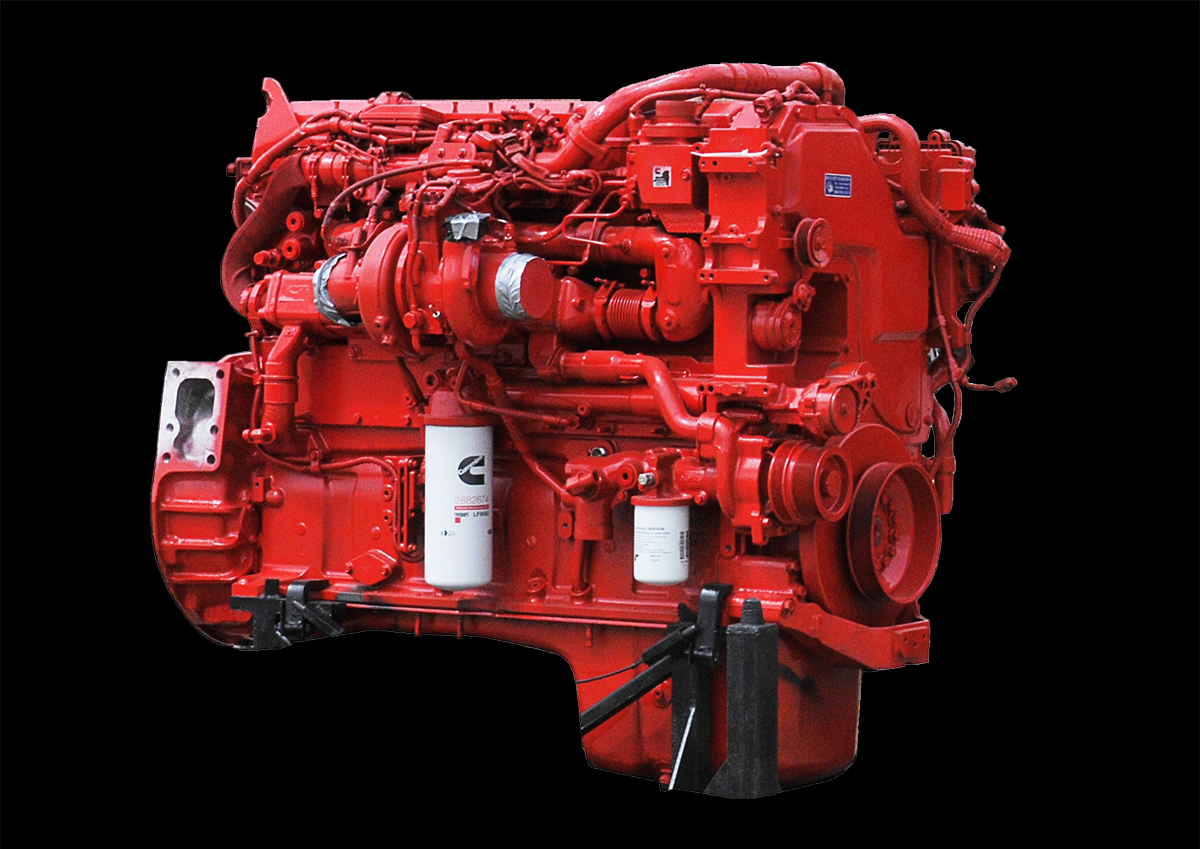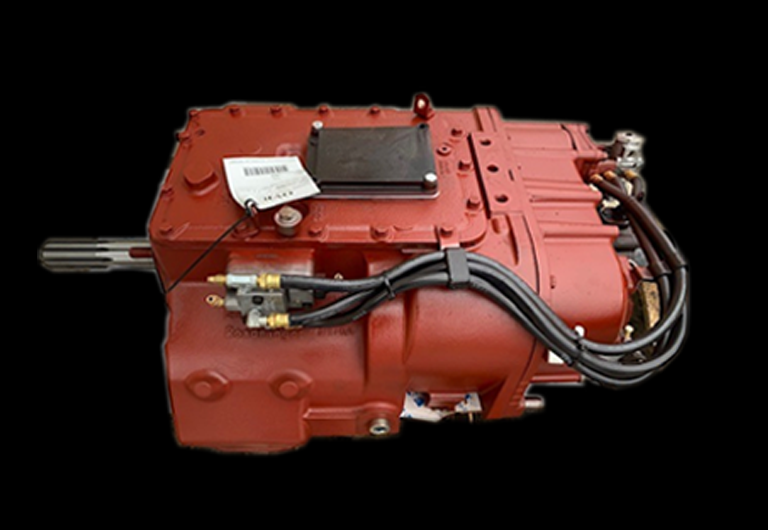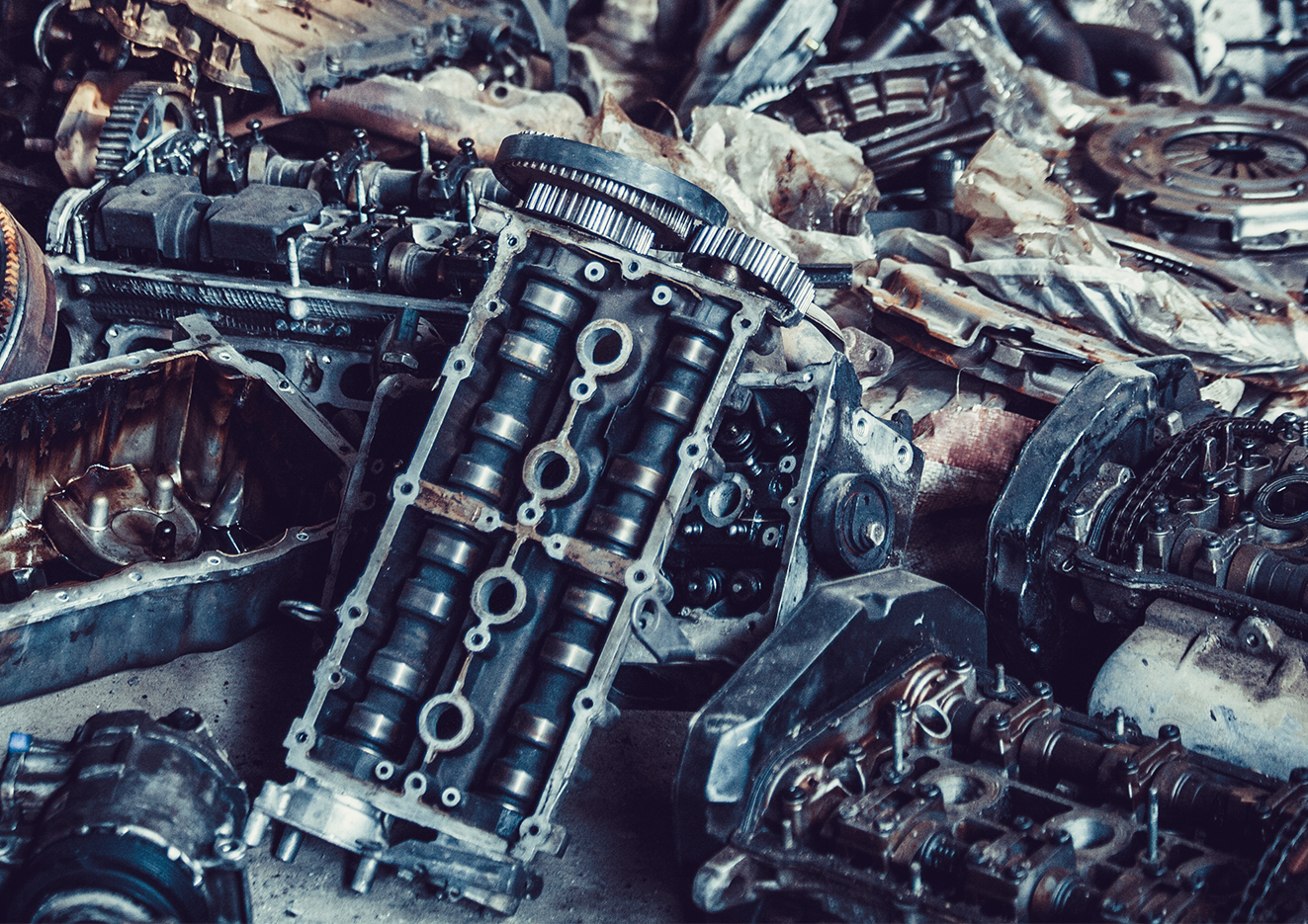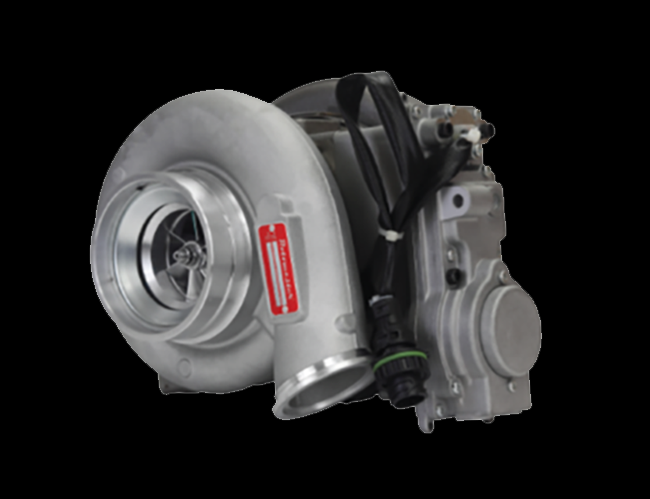Things to consider when Purchasing a Heavy-Duty Diesel Engine
Tips to help find the best diesel engine for your situation
When purchasing a diesel engine, there are several key factors to consider to make sure the engine meets your operational needs and provides long-term value. Here’s a breakdown of the most important things to keep in mind:
1. Engine Power and Torque
- Horsepower (HP): The power output of the engine is critical, particularly for long-haul trucking. Depending on the type of loads and terrain, you'll want an engine that provides sufficient HP to handle your specific work. Most Class 7 and 8 diesel engines range from 350HP to 600 HP.
- Torque: Torque is what gets heavy loads moving, from a standstill. High torque is essential for trucks carrying heavy cargo or navigating hilly terrains. Aim for engines with torque between 1,200 to 2,050 lb-ft, depending on your load needs.
2. Fuel Efficiency
- Miles per Gallon (MPG): Diesel engines are typically more fuel-efficient than gasoline engines due to the higher compression ratio, but efficiency varies between models. Consider engines with high fuel efficiency, as this will reduce operating costs in the long run, particularly for long-distance hauls.
- Engine Technology: Newer engine technologies, such as turbocharging, direct injection, and variable valve timing, can significantly improve fuel efficiency.
3. Engine Reliability and Durability
- Brand Reputation: Research the reliability of different engine brands and models. Look for engines with a track record of durability, minimal breakdowns, and high-quality parts.
- Maintenance Requirements: Consider the maintenance schedule for the engine and whether parts are readily available. Some engines have longer service intervals, reducing downtime for maintenance.
- Service Support: Ensure that you have access to authorized service centers and mechanics trained to handle your engine model. Good after-sales support is essential for any engine purchase.
4. Emission Standards
- Compliance with Regulations: Diesel engines are subject to strict emissions regulations, particularly in North America and Europe. Make sure the engine complies with the latest emissions standards (e.g., EPA or Euro 6) to avoid fines and restrictions. Many modern engines are equipped with Selective Catalytic Reduction (SCR) and Diesel Particulate Filters (DPF) to meet these standards.
- Exhaust Gas Recirculation (EGR): Engines with EGR systems recirculate a portion of the exhaust gases to lower nitrogen oxide (NOx) emissions. Ensure the emission control system is reliable and doesn’t compromise performance.
- California – If your travels take you to California check the current emissions standards as they have strict laws.
5. Total Cost of Ownership (TCO)
- Initial Price vs. Long-Term Cost: While the initial cost of the engine is important, also consider the long-term costs such as fuel consumption, maintenance, repair costs, and resale value.
- Warranty: Review the warranty offered on the engine, including coverage for major components. Extended warranties can be a worthwhile investment if you plan to keep the truck for a long time.
- Resale Value: Some engines retain their value better than others, particularly if they have a reputation for longevity and reliability.
6. Load Capacity and Hauling Needs
- Truck Configuration: The engine you choose should align with the truck’s configuration and the type of freight you haul. For heavy-duty applications like logging or oversized loads, opt for engines with higher torque and HP. For lighter loads, a smaller, more fuel-efficient engine might suffice.
- Type of Haul: Consider whether the engine is suited for long-haul, short-haul, or regional delivery. Long-haul trucks need engines optimized for sustained high-speed performance, while short-haul applications may benefit from better low-end torque and fuel efficiency in stop-and-go traffic.
7. Weight of the Engine
- Impact on Payload Capacity: The engine's weight will impact the overall payload capacity of the truck. Heavier engines might limit the amount of cargo you can legally carry, which could affect your revenue per haul.
8. Technological Features
- Telematics and Diagnostics: Many modern engines come with integrated telematics that allow you to monitor engine performance and diagnose issues in real-time. This can be useful for fleet managers and owners-operators to optimize performance and reduce downtime.
- Smart Technologies: Look for engines equipped with advanced fuel management systems, electronic control modules (ECMs), and adaptive driving features that enhance performance and fuel efficiency.
9. Engine Cooling and Heat Management
- Cooling Systems: Diesel engines generate significant heat, especially under heavy loads. An efficient cooling system will prevent overheating and ensure the engine performs optimally, even in tough conditions like long climbs or hot weather.
10. Resale Value and Longevity
- Engine Lifespan: Diesel engines typically last longer than gasoline engines, often exceeding 750,000 miles with proper maintenance. Consider the engine’s reputation for longevity and the ease with which it can be rebuilt or overhauled.
- Resale Value: Some engine brands have better resale value due to their reliability and brand reputation. This could be important if you plan to sell the truck down the line. Keeping accurate maintenance logs of the work performed on your engine will help when considering selling your truck.
11. Manufacturer Support and Extended Warranties
- Dealer and Manufacturer Support: Choose an engine from a manufacturer with a strong support network for parts and services. This is especially important if your truck operates in remote locations where access to specific parts might be limited.
- Extended Warranties and Service plans: Investigate the availability of extended warranties or service plans, which can provide peace of mind for costly repairs down the road.
Common Diesel Engine Brands:
- Cummins
- Detroit Diesel
- Caterpillar (CAT)
- PACCAR (MX)
- Volvo
- Mack
Selecting the right diesel engine is crucial for both performance and cost-efficiency. Make sure to evaluate the engine based on your specific needs—whether you're focused on long-distance hauls, heavy loads, or maximizing fuel economy.
At River City Truck Parts our experienced team is ready to help you find the right engine for your situation.
Search our engine inventory or
contact us to get started with one our parts specialists.









